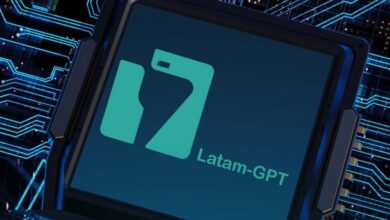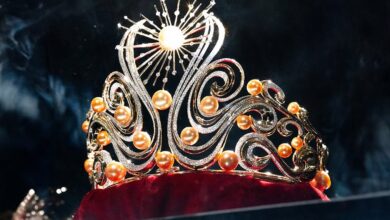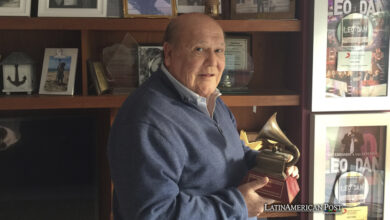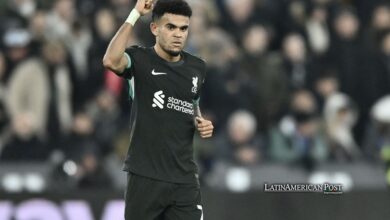Latam
-
SCIENCE & TECHNOLOGY

Latam-GPT: A Bold AI Path For Latin America
A groundbreaking initiative called Latam-GPT is set to become Latin America’s very own large language model. Sparked by a disappointing…
Read More » -
LIFE

Top 25 Latin American Miss Universe Winners To Wore the Crown with Greatest Brilliance
From cultural icons to philanthropic pioneers, Latin America's Miss Universe titleholders have redefined global beauty standards. Each queen's personal story…
Read More » -
LIFE

Argentinian Icon Leo Dan Remembered for Timeless Music Legacy
Leo Dan, the famous Argentine singer and songwriter, died on January 1, 2025, at the age of 82. Famous for…
Read More » -
SPORTS

South American Soccer Stars Who Dominated Global Stage in 2024
In 2024, soccer stars from South America dazzled with their skills ‒ taking over Europe's top leagues and big international…
Read More » -
BUSINESS AND FINANCE

LATAM Airlines Eyes Embraer Deal to Expand Brazilian Fleet
LATAM Airlines is considering purchasing up to 30 aircraft from Brazilian manufacturer Embraer as part of its expansion in Brazil,…
Read More » -
SPORTS

Brazilian Gabriel Medina’s Iconic Surf Olympic Moment
Brazilian Gabriel Medina's stunning 9.90 wave in Tahiti secured his place in Olympic history. A photograph captured his triumphant celebration,…
Read More » -
LIFE

Charli XCX Addresses Brazil Incident and Offensive Taylor Swift Chants
Charli XCX urges fans to stop chanting offensive comments about Taylor Swift at her concerts, especially after recent incidents in…
Read More » -
BUSINESS AND FINANCE

Double Award Wins, One Shot for BDSwiss in LATAM
Recognised as the “Most Innovative Broker - LATAM”, BDSwiss also earned the most votes in the “Best Research and Education…
Read More » -
BUSINESS AND FINANCE

Meet The Winners of the UF AWARDS LATAM 2024!
Celebrating the leading online trading and fintech brands in the LATAM region.
Read More » -
BUSINESS AND FINANCE

BDSwiss Set to Catch the Spotlight at iFX EXPO LATAM 2024 as Gold Sponsor
BDSwiss, a name that carries significant weight in the FX and CFD brokerage industry, proudly announces its participation in iFX…
Read More »









